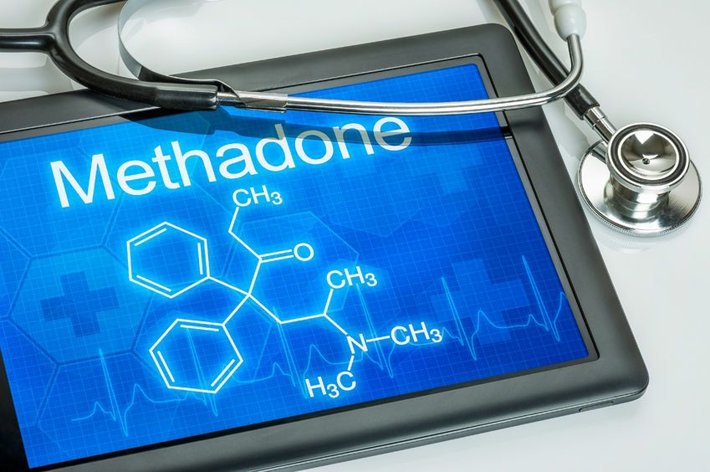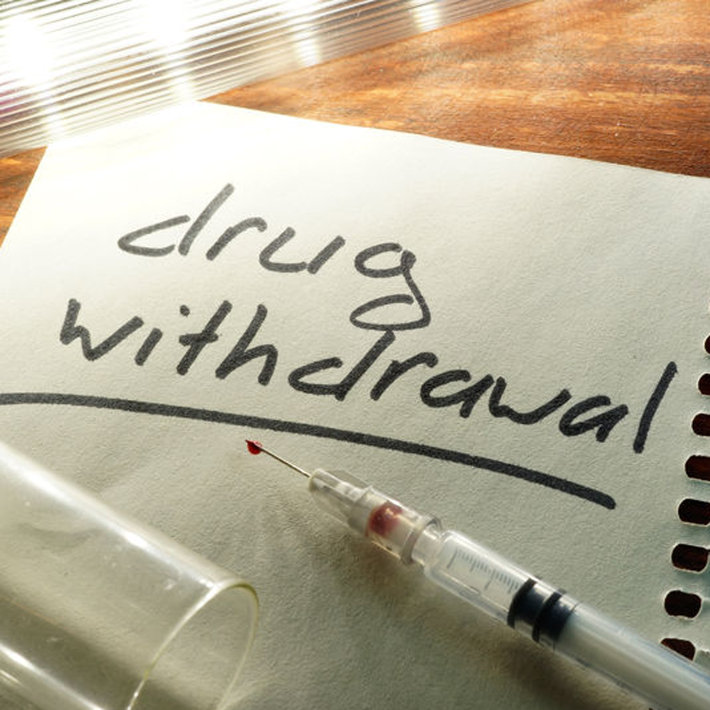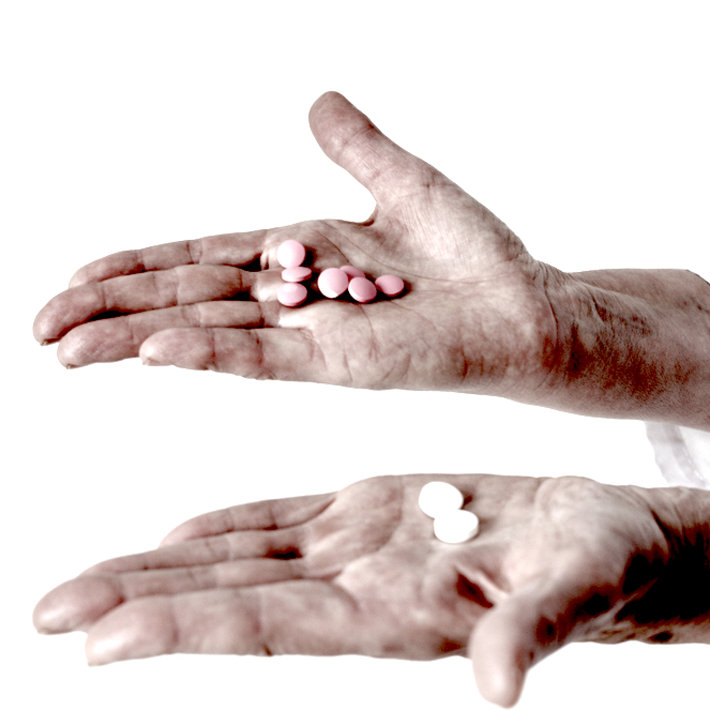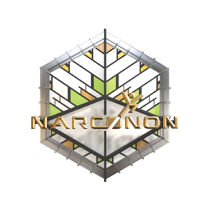
Imagine going to the doctor because you have burned your hand, and he tells you that the solution is to go back home and stick your hand back in the fire to burn it again. You’d probably decide he was crazy and go to a different doctor for a different solution. Unfortunately, what seems plainly ridiculous in this situation is not often seen quite so clearly when it comes to prescription medications. Many individuals are advised to take methadone for drug addiction problems, and they may see nothing wrong with this–until they are struggling with methadone dependence.
Why is Methadone Addictive
Methadone is a prescription medication that is often used to treat opiate addiction. It itself is a synthetic opiate drug, first created in 1947 as a less-addictive replacement for opium. While one can certainly argue that all prescription medications have limited medical usefulness in certain situations, it is important not to overlook the fact that these medications are drug substances and all drug substances have the potential to create damaging effects. This is certainly true of methadone.
Methadone is viewed as helpful in the treatment of opiate addiction because its effects last longer than naturally-derived opiates like opium and heroin. Heroin, for example, creates effects that only last for a few hours before driving the individual to use more of the drug. Methadone, on the other hand, has been synthesized so that its effects last for up to twenty-two hours, requiring less-frequent use and ideally enabling the individual to wean off opiate use altogether. However, this last bit is where things can sometimes become tricky.
The way that methadone works to resolve opiate addiction issues is by blocking the parts of the brain that are normally affected by opiate use. This not only reduces the individual’s cravings for opiate drugs, it can relieve withdrawal symptoms and impede the individual’s ability to experience the euphoric high that is normally associated with opiate use. That said, methadone is capable of creating a euphoric high similar to that of other opiates, just at a far less intense level. Furthermore, methadone tolerance, methadone dependence, and methadone addiction are very real problems, especially since most individuals are recommended to remain on methadone for an average of one year in order to successfully overcome their opiate addiction problems, but some individuals remain on methadone for much longer.
Turning to methadone treatment in order to overcome opiate addiction could be likened to fighting fire with fire. It may be true that individuals who participate in methadone treatment are able to put an end their other opiate addiction problems, but it may also be that instead of conclusively resolving their opiate addiction, they have simply transferred their addiction from one type of opiate to another. Where many individuals struggle with the fear of having to work through heroin withdrawal symptoms in order to fully recover, so too can individuals struggle with the fear of having to work through methadone withdrawal symptoms—which are considered by some to be even worse than heroin withdrawal symptoms—in order to fully recover. Some common methadone withdrawal symptoms include depression, anxiety, excessive sweating, irritated eyes, lightheadedness, nausea, vomiting, diarrhea, intense cravings, uncontrolled shaking and physical aches and pains. Needless to say, the fear of facing any of this symptoms can drive the individual to remain on methadone indefinitely.
A Real Solution
Fortunately, an individual can fully and completely come off the use of any opiate drug substance, including methadone, without the use of replacement drug substances. That’s not to say it will be a fast or easy process, but by thoroughly addressing the many causes and effects of their drug use, the individual can successfully break all ties with drugs and move forward into a healthier, more fulfilling future. For more information about the highly successful, holistic Narconon drug rehabilitation treatment program, contact Narconon Arrowhead today at (877) 508-8151.


